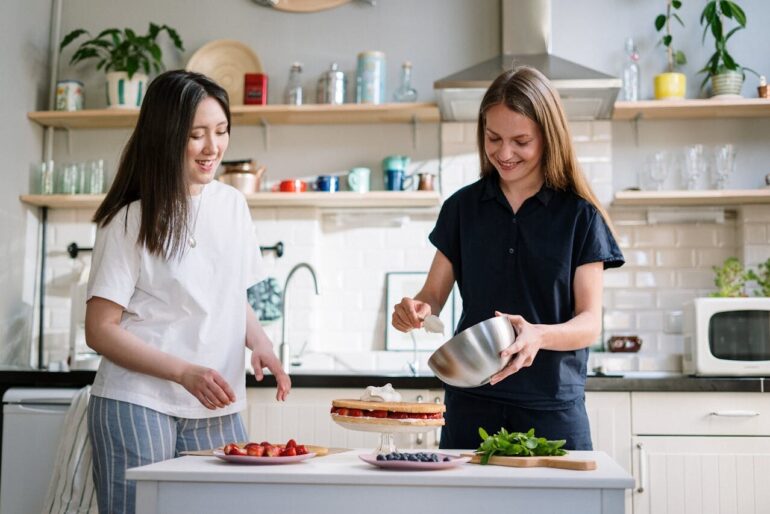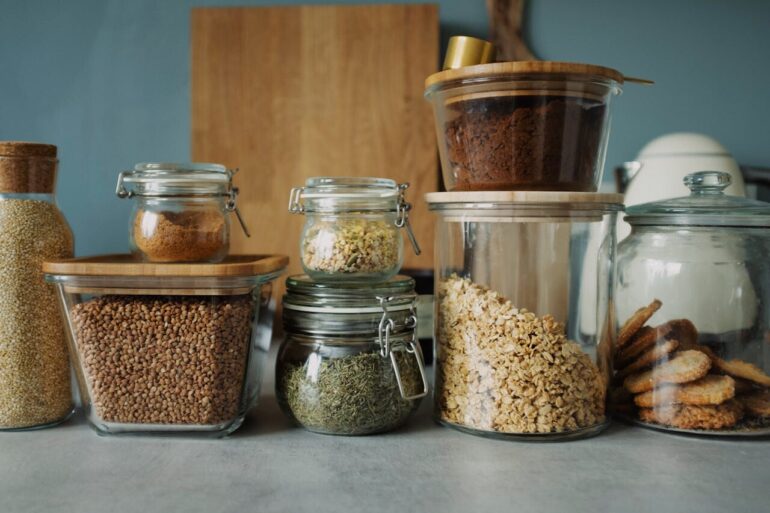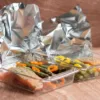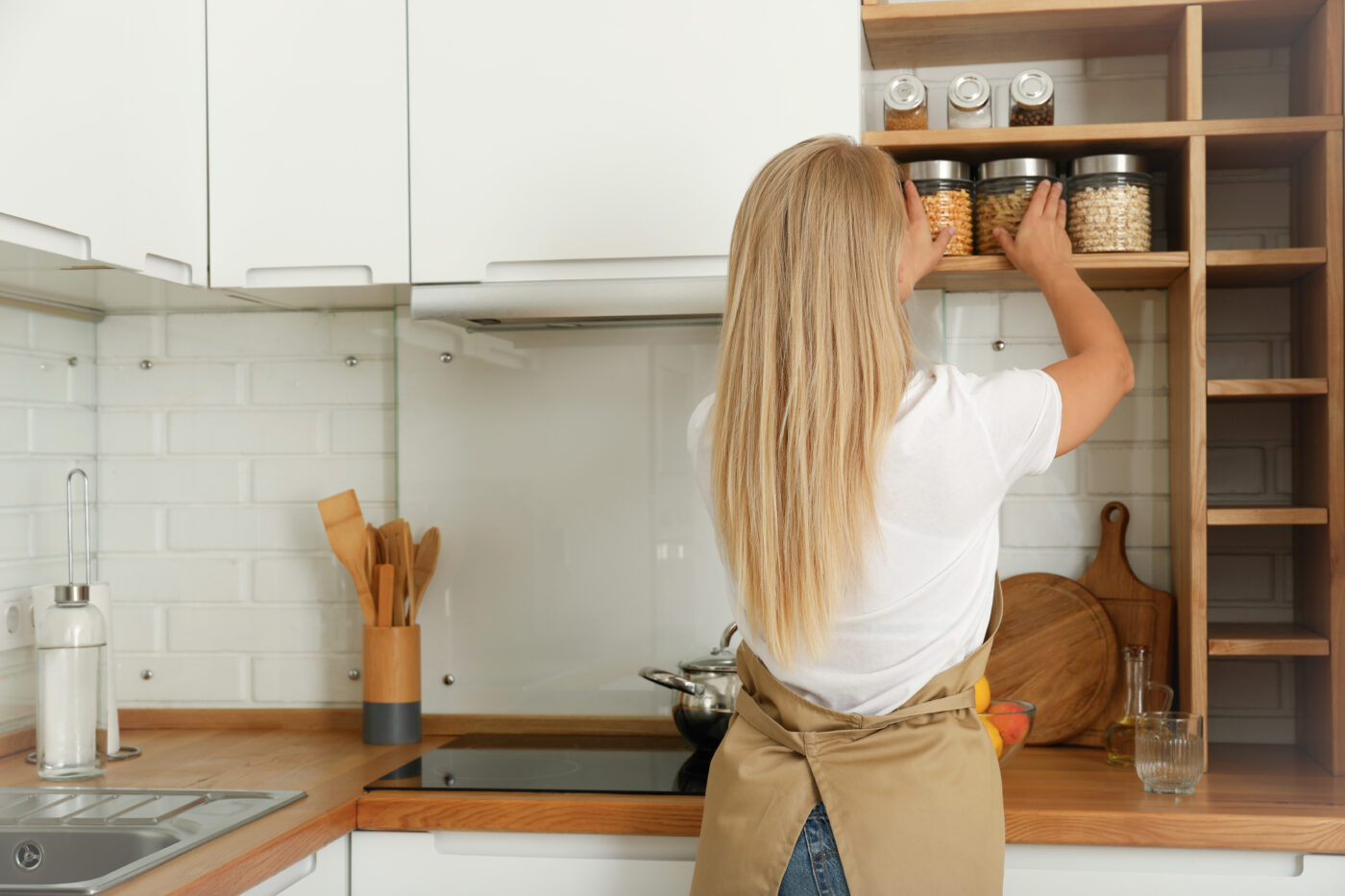In every home, the kitchen is the heart of home life, where the smell of freshly brewed coffee, the flavors of traditional dishes and the warmth of family gatherings intertwine. Nevertheless, the kitchen also hides some traps that can unknowingly endanger our health and well-being. One of the common but under-emphasized risks is storing food in the cupboard above the stove. Understanding why this is not recommended and shedding light on alternative solutions for safe food storage is key to maintaining the quality of our diet.
How to store food? Although it may seem convenient store food in the cupboard above the stove, the risks associated with this practice are too great to ignore. By understanding the impact of temperature, moisture and chemicals on the quality and safety of our food, we can make better decisions about how and where store food. In this way, you not only ensure the safety and health of yourself and your loved ones, but also make the most of the freshness and the taste of the foods you eat.
Temperature and humidity
The heat, which is released during cooking, causes an increase in temperature in the cabinets above the stove. High temperatures are an ideal breeding ground for the development of microorganisms such as bacteria, molds and yeasts, which can cause food spoilage and even food poisoning.

Cooking causes temperature fluctuationse, which further contributes to the faster deterioration of food quality. These temperature fluctuations can affect the composition of foods, cause fat separation, drying out or even a change in taste.
Cooking also causes increase in humidity in the air, which can penetrate packaging and food stored in the cupboard above the stove. Moisture is another key factor that promotes the growth of microorganisms and consequently accelerates the spoilage of food.
Chemicals and unwanted substances
In addition to microbiological risks, the heat from the stove can also cause the release of chemicals from the food packaging or even the transfer of unwanted substances from the cabinet materials to the food. This may include bisphenols, phthalates and other potentially harmful chemicals associated with various health problems.

Where is the best place to store food?
For foods that are perishable or after opening require cold storage, the refrigerator is a necessary choice. The temperature in the refrigerator must be set between 0 °C and 4 °C.
For foods that do not require refrigeration, such as dry foods, canned foods and spices, it is ideal to choose dark, dry and cool places. Basements or storage rooms that are well ventilated and away from heat sources are excellent choices.
It is also important to store food separately according to its storage needs. This prevents the transfer of tastes and smells and reduces the risk of contamination between different types of food.






